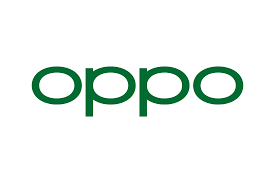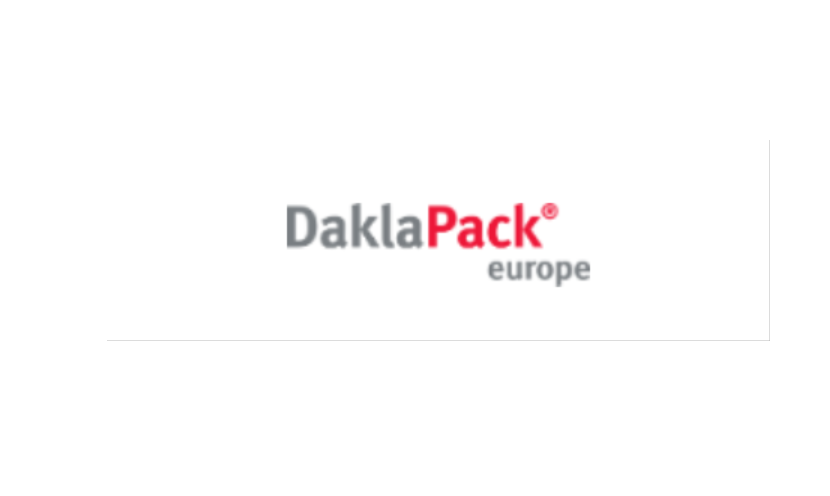LISTADO RETOS EXPIRADOS
Johnson & Johnson – Improving Access to Care Challenge
Fecha de vencimiento: 06-08-2021
We invite nurses and nursing students worldwide to bring their experiences, ideas and insights to help create nurse-led solutions, protocols, technologies, devices and/or treatment approaches that can help improve access to care amid the current pandemic environment and beyond, including but not limited to the below focus areas. Incentivo:
OPPO – Tech Innovation Online Roadshow Bridging the World
Fecha de vencimiento: 31-07-2021
OPPO is calling for start-ups around the world that are interested in expanding their business internationally and meeting top investors to join the OPPO 2021 Bridge World Virtual Roadshow! The world's leading smart device innovator -- OPPO is now looking for innovators to build IoT ecosystem in a fully connected intelligent world and to leap into the future! 5 startups from around the world will be selected to present to OPPO executives every month. The winners will enter the OPPO accelerated partnership and/or investment process, and getting access to business opportunities worldwide.
AWS – Public health genomics (Diagnostic Development Initiative)
Fecha de vencimiento: 31-12-2021
The AWS Diagnostic Development Initiative will support projects that are using AWS to support research-oriented workloads across four program areas: early disease detection, diagnostics, prognosis, and public health genomics. Given the need, the emphasis initially will be on COVID-19, but we will also consider applications for other infectious diseases. We will not support administrative workloads to run routine IT operations through this program. Eligible projects can include viral genomes sequencing, viral genomic surveillance, and sequences made available on open data repositories.
AWS – Prognosis (Diagnostic Development Initiative)
Fecha de vencimiento: 31-12-2021
The AWS Diagnostic Development Initiative will support projects that are using AWS to support research-oriented workloads across four program areas: early disease detection, diagnostics, prognosis, and public health genomics. Given the need, the emphasis initially will be on COVID-19, but we will also consider applications for other infectious diseases. We will not support administrative workloads to run routine IT operations through this program. Eligible projects can include assessment or analyses of molecular factors (genetic, inflammatory, or metabolic landscape), health co-morbidities, or ethnic, demographic, or socioeconomic factors to guide patient treatment courses and improve patient outcomes.
AWS – Diagnostic test (Diagnostic Development Initiative)
Fecha de vencimiento: 31-12-2021
The AWS Diagnostic Development Initiative will support projects that are using AWS to support research-oriented workloads across four program areas: early disease detection, diagnostics, prognosis, and public health genomics. Given the need, the emphasis initially will be on COVID-19, but we will also consider applications for other infectious diseases. We will not support administrative workloads to run routine IT operations through this program. Eligible projects can include molecular (nucleic acid, antibody, or antigen) tests, in addition to imaging diagnostics (MRI, CT scan, Ultrasound, X-Ray), connected medical devices, wearables, medical IoT, or predictive analytic tools like artificial intelligence (AI) and machine learning (ML).
AWS – Early disease detection (Diagnostic Development Initiative)
Fecha de vencimiento: 31-12-2021Startupbootcamp - Decarbonize
Fecha de vencimiento: 02-06-2021Impact Canada – Food Waste Reduction Challenge: Novel Technologies
Fecha de vencimiento: 31-08-2021
Challenge Streams C and D are open for applications until August 31, 2021. They support novel technologies at the prototyping or testing phase which extend the life of perishable food or which transform surplus food (or food by-products) that would otherwise be wasted into another product. These streams target technologies in their early development phase to accelerate their advancement and prospective deployment in the Canadian market. Successful solutions are advancing technologies to make them more effective, efficient, scalable, and competitive. Stream C focuses on technologies that extend the life of perishable foods by finding ways to slow the degradation of perishable food items and extend the length of time these food items may be stored before they become spoiled. Stream D focuses on technologies that transform food waste by converting surplus food, food by-products, or food waste into other products, including: food for humans, food for animals/insects (e.g. animal feed).
DaklaPack – Paper packaging with a recyclable/repulpable transparant window
Fecha de vencimiento: 12-07-2021
DaklaPack Europe is a family owned, Netherlands based, flexible plastic packaging manufacturer. Currently, we are working on expanding our portfolio and we are investing in more sustainable alternatives such as mono-material packaging and the use of alternative materials such as paper. Since paper is created from a renewable source and if it is designed for recycling/repulping the environmental impact, especially at the end-of life outruns plastic and is a future oriented solution. We have experienced a growing demand for sustainable packaging and a great interest in paper products by our customers. Hence, we are looking for innovators with a sustainable interested in creating a recyclable/repulpable paper-packaging for dry-foods with a window. A potential paper knowledge/background could come in handy. Furthermore we envision a collaboration with open-minded pioneers with an interest in knowledge-exchange, research and experimentation. Incentivo:
HELLO FRESH – Reduce primary plastic packaging
Fecha de vencimiento: 12-07-2021
We are looking for companies in the field of sustainable packaging that can take a critical look at the different kinds of packaging used for the products in our box and help us to identify new opportunities to reduce our use of plastic. Ideally it should be a partner who can also support us in implementing this change in collaboration with our suppliers (ie. solutions should fit within supplier’s operational process).







